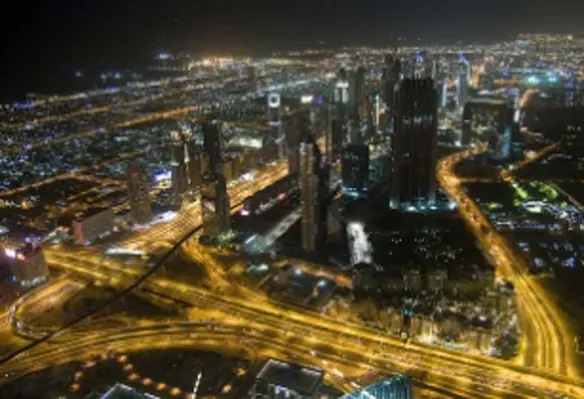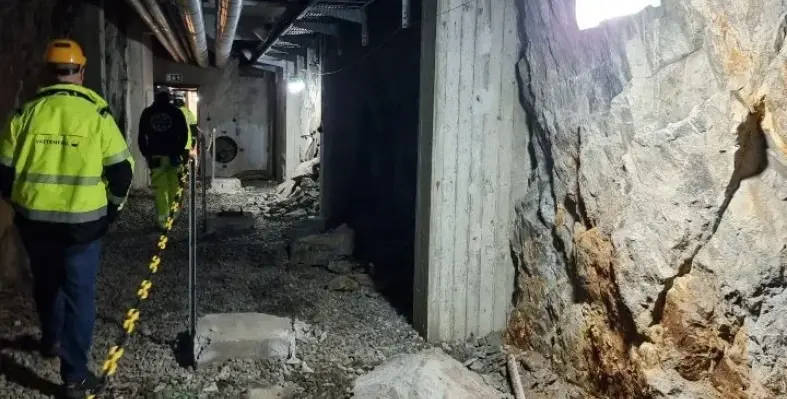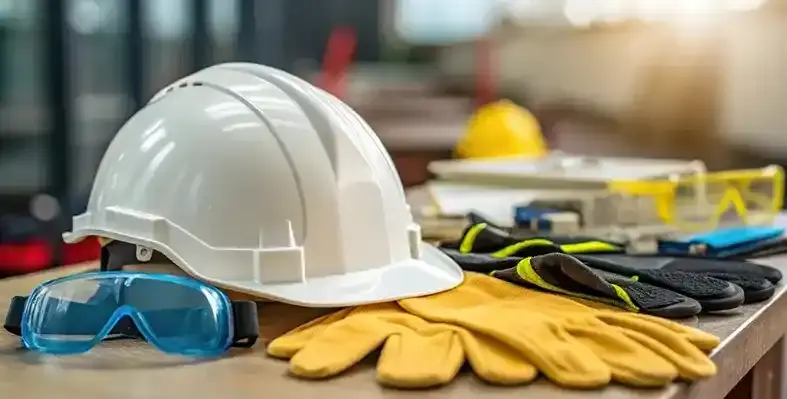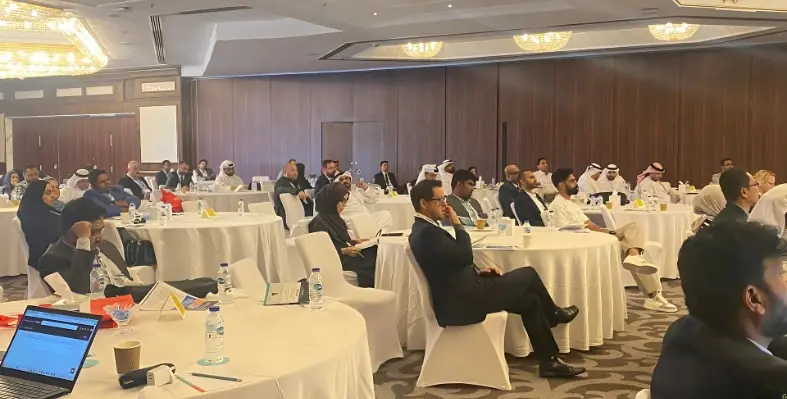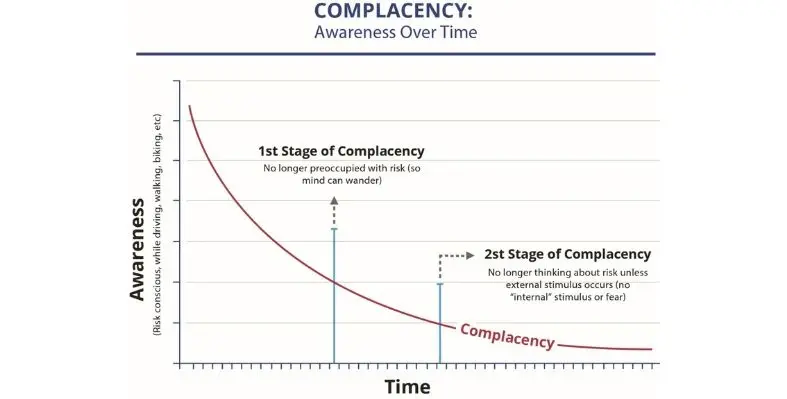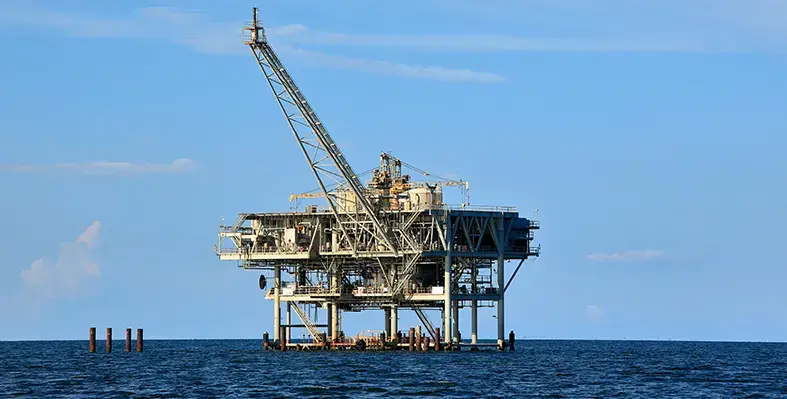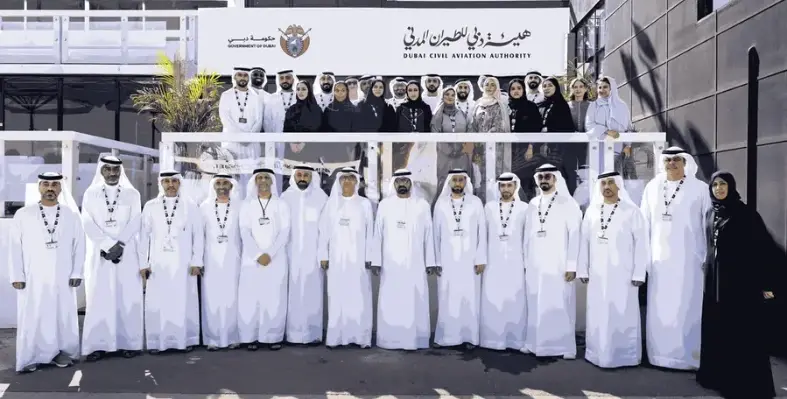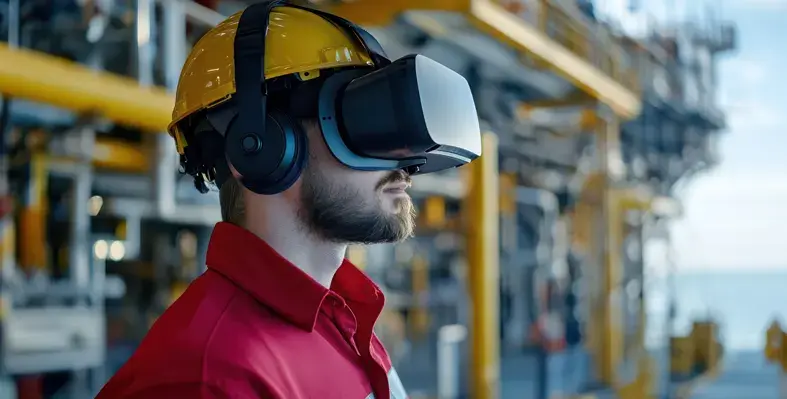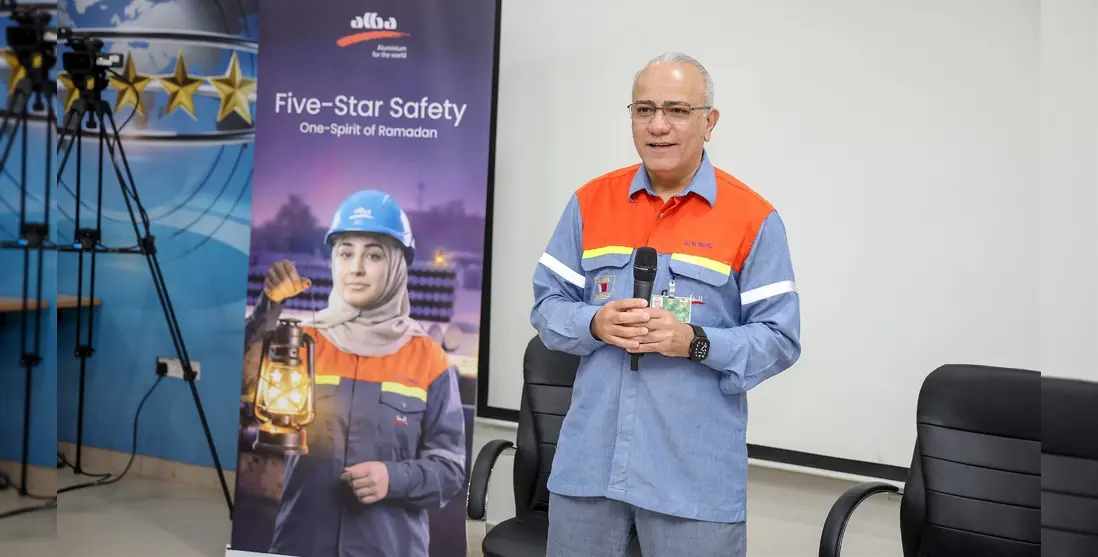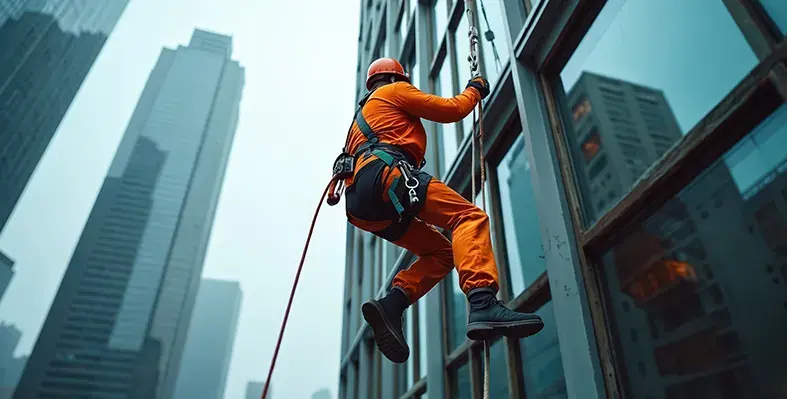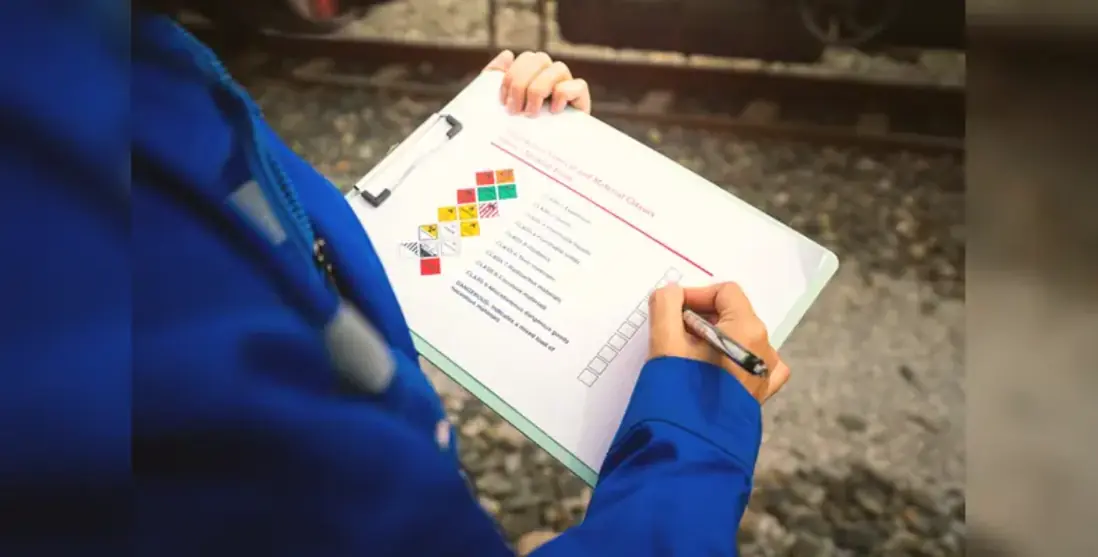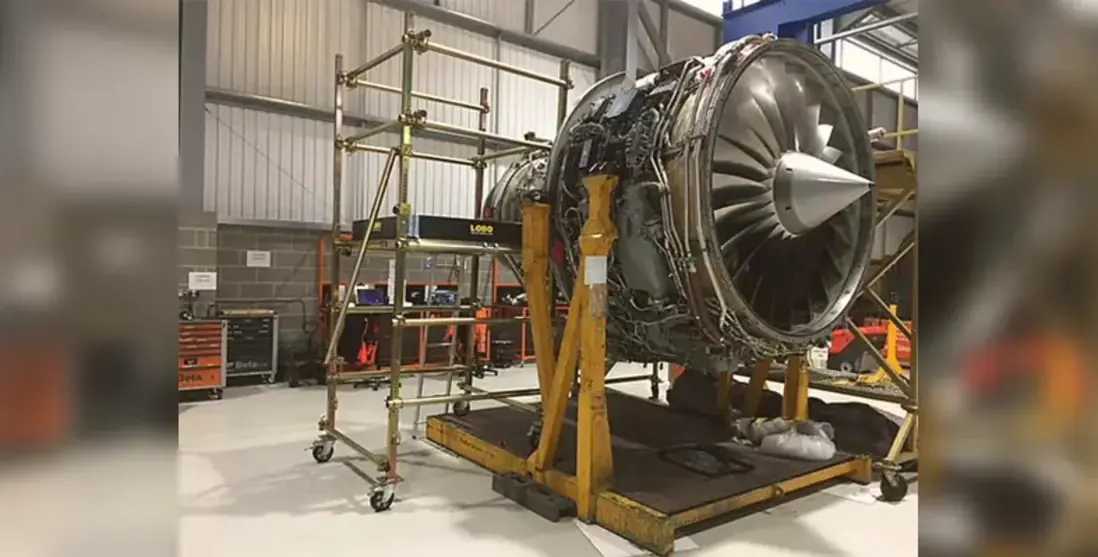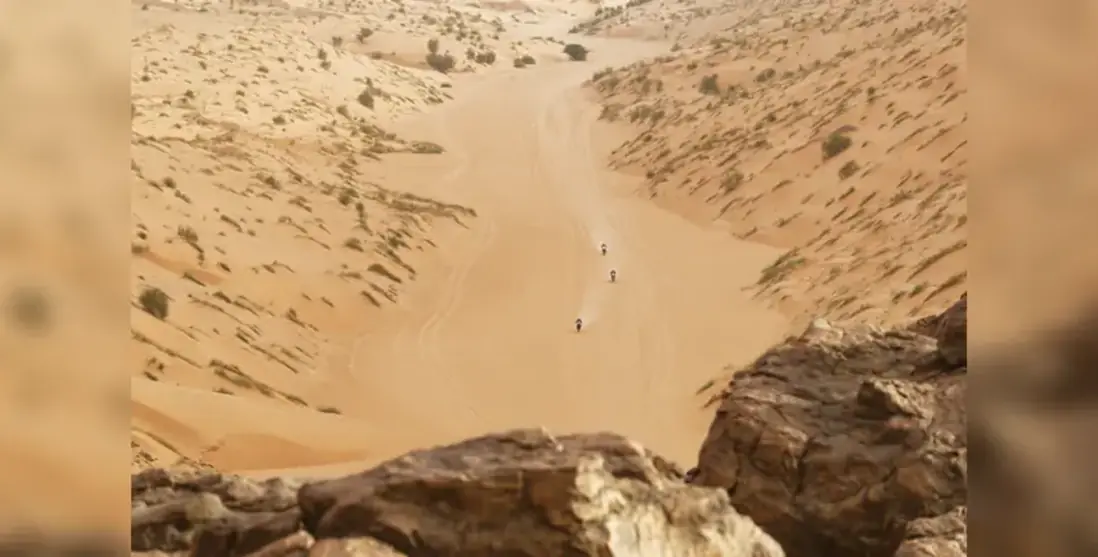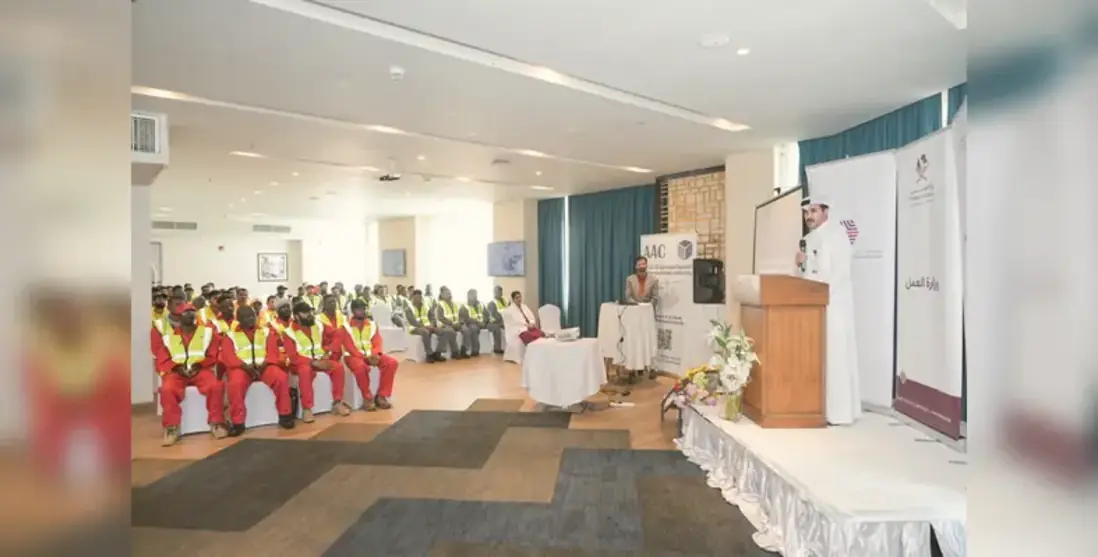The Middle East homeland security market is expecting significant growth in the next five years, with revenues more than doubling from an estimated US$9.6bn in 2017 to US$19.7bn by 2022, according to analysts Frost & Sullivan (F&S)
The research has revealed that the regional homeland security market, comprising monitoring and surveillance systems, restricted entry systems and perimeter security solutions, is expected to grow annually by 15.5 per cent between 2017 and 2022. This is particularly due to security investments in major infrastructure projects and the ongoing expansion in the building and construction industry, said F&S.
With the governments preparing to bolster internal security measures in preparation for large-scale global events like the Qatar FIFA World Cup 2022 and the Dubai Expo 2020, the growth is particularly evident in the Gulf Cooperation Council (GCC).
According to Frost &Sullivan, Saudi Arabia and the UAE dominate the regional market, with the Kingdom holding a 45 per cent share of revenue in 2017. Demand is high for integrated solutions, with regional governments prioritising public safety and security of critical assets.
In response to this, global players are lining up for the 20th edition of Intersec 2018, one of the world’s leading trade fair for security, safety and fire protection, to be held from 21-23 January 2018, at Dubai International Convention and Exhibition Centre.
Exhibitors will showcase their frontline range of products and solutions at the show, ranging from airport security technology, armoured vehicles and Special Forces equipment to electronics, surveillance and detection systems.
Ahmed Pauwels, CEO of Intersec’s organiser Messe Frankfurt Middle East, said, that Intersec 2018 will provide business facilitator and networking platform for the international safety and security community.
“Internal police forces and public infrastructure projects, including street utilities, public car parking, stadiums, roads and buildings, will create huge demand as regional countries, especially in the GCC, look to create a smart and secure environment,” he added.





